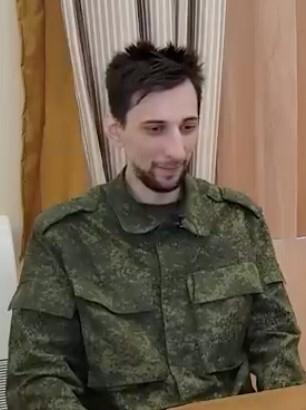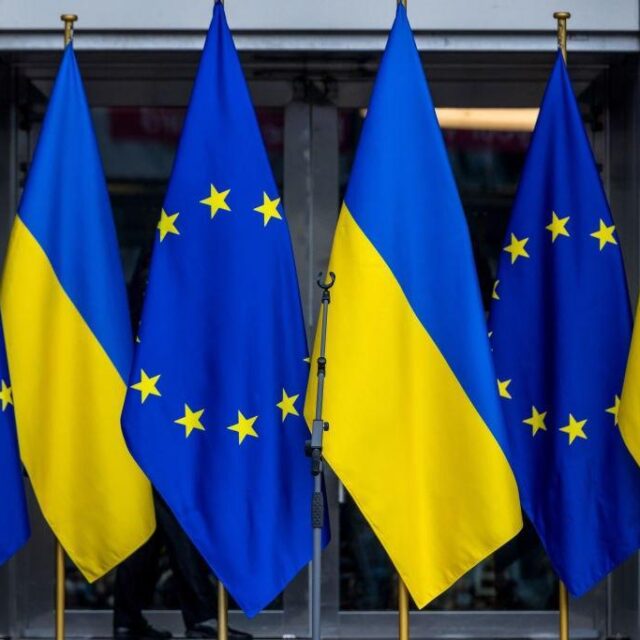This is the first Russian conscript who voluntarily surrendered to the Ukrainian Armed Forces. He is a representative of the 252nd Motorized Rifle Regiment of the 3rd Motorized Rifle Division of the Russian Armed Forces, Junior Sergeant Yegor Chebotarev.
A native of Lipetsk, he was sent to the front just a week after he received a summons. There is no need to talk about medical examination and additional military training. The man hoped that he would not have to fight because of health problems, but there was no medical commission in the military commissariat. Mobilized men were immediately loaded into a bus and sent to the assembly point. Chebotarev had military experience, he served 9 years ago. Then he was taught to be an infantry fighting vehicle commander and as a result was assigned the specialty of gunner-operator. In the military unit itself, he mainly worked as a clerk and “saw the infantry fighting vehicle once or twice”.
The next day after the announcement of mobilization, he was summoned to the HR department at his place of work, where he was handed a summons and warned that for failure to appear he faced three to five years in prison.
Then he was sent to a military unit in Boguchary, Voronezh region, after which he was assigned to Valuyki, Belgorod region. The mobilized were instructed to prepare the vehicles overnight, and the next day they went to Svatove, Luhansk region. From there, the infantry fighting vehicle with the mobilized men were sent to one of the nearby villages. Chebotarev’s commander was an officer who was also mobilized, graduated from the military department and did not serve in the army. On September 29, he was sent as part of a group of two infantry fighting vehicles to the village of Zarichne, Donetsk region, where the battle began in the morning. This village was located on the only road that Russian troops could still use to escape from Lyman. Chebotarev’s unit had to strengthen the defense in the village and prevent Ukrainian troops from reaching the road. When Yegor’s crew received the order to open fire, the first round jammed and the infantry fighting vehicle lost its combat capability. After a while, near the village, the infantry fighting vehicle was fired upon, it flew off the road and broke down.
During the retreat on foot, Chebotarev’s comrades did not provide him with any help despite his health problems. Without a radio station and a map of the area, he lost his bearings, fought off other soldiers, wandered alone, drank water from puddles, until he came across Ukrainian soldiers, who took him prisoner. There he will be kept in normal conditions and, if possible, may be put forward for a prisoner exchange.
Officially, the Russian military and political leadership states that conscripts will go to the front only after training . However, the story of Yegor Chebotarev shows that those mobilised without any training and with health problems are already on the front line. A characteristic feature is that in terms of tactics, the units of mobilised Russians have low combat capability and insufficient equipment, which in case of getting into the so-called “meat grinder” of the war will only lead to their rapid disorientation.




